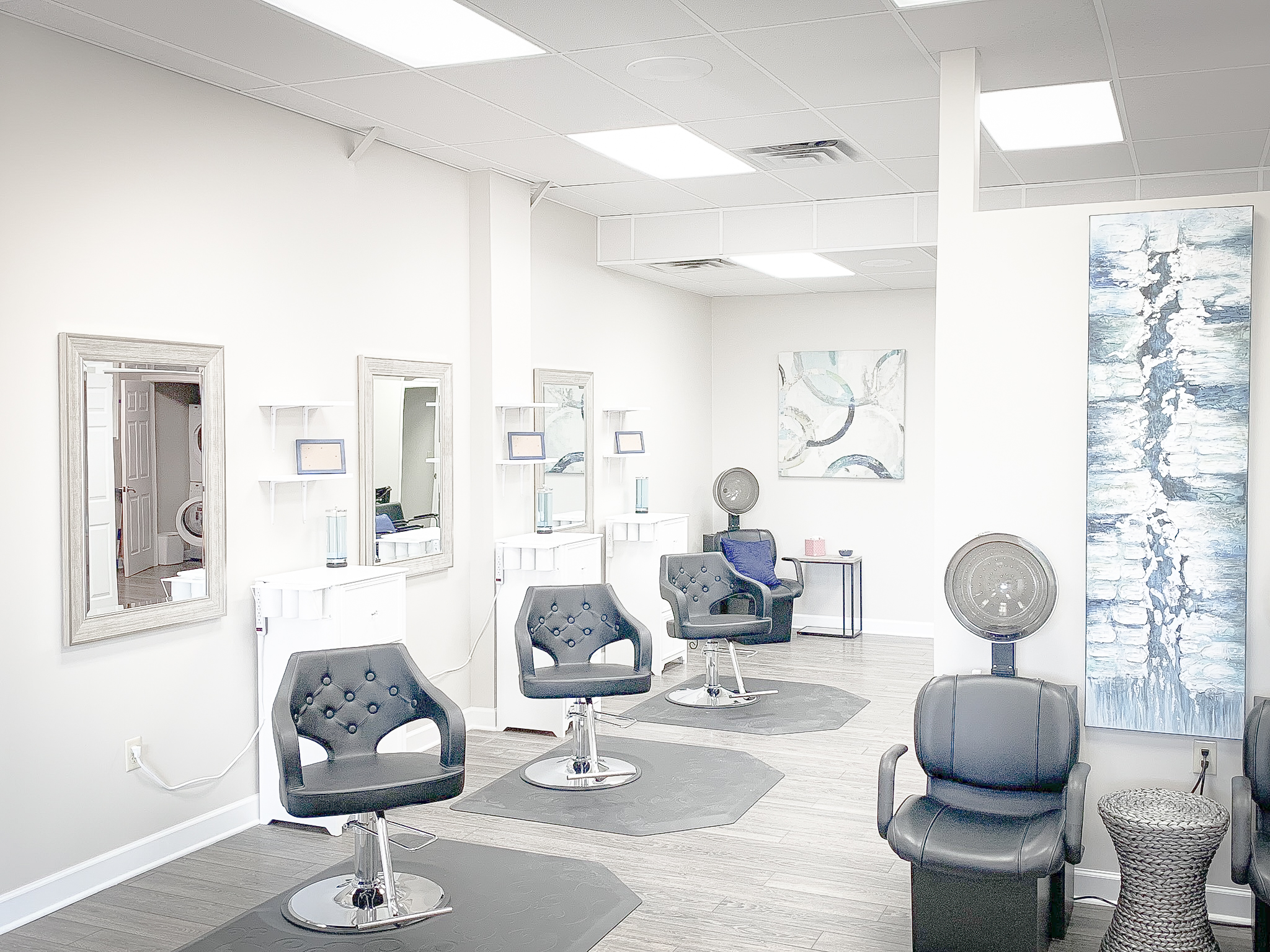Strategic Choices: Considering the Advantage of Renting Out Versus Having a Beauty Salon Room to Enhance Long-Term Success and Financial Viability
When it comes to establishing a beauty parlor organization, one of the crucial decisions that proprietors have to carefully think about is whether to rent out or possess the room in which they operate. The choice between renting out and possessing a salon space can have a considerable effect on the lasting success and economic wellness of the organization.

Benefits And Drawbacks of Renting
When considering the choice in between leasing a beauty salon space or owning one, it is important to evaluate the benefits and drawbacks of renting out to make an educated option. One primary benefit of renting a salon room is the versatility it offers. Leasing enables beauty salon proprietors to examine different areas or high end their organization without the commitment of a lasting mortgage. In addition, leasing usually involves less upfront expenses, making it a more obtainable choice for brand-new beauty salon proprietors or those with budget plan restraints.

Financial Factors to Think About

Considering the financial implications of renting a beauty parlor space versus owning one is necessary for making a well-informed company decision. When examining the economic variables, it is important to examine the first costs related to each choice. Leasing a beauty parlor room typically requires a down payment and month-to-month lease repayments, whereas having entails a deposit, home mortgage settlements, real estate tax, and maintenance costs.
Moreover, the lasting financial implications vary in between renting and owning. On the various other hand, having a salon room uses potential equity development and the chance to build assets.
Leasing might offer lower ahead of time costs, enabling you to designate even more resources to advertising and organization development. Assessing these economic aspects adequately will help you make a tactical choice that maximizes your salon's long-term success and monetary feasibility.
Functional Adaptability and Control
Optimal operational effectiveness plays an essential function in figuring out the equilibrium in between adaptability and control when deciding between renting and owning a beauty salon area. Leasing a beauty parlor room supplies integral flexibility as it enables easier adjustments to changing market conditions, customer preferences, or service demands. This versatility is especially helpful for brand-new hair salon owners or those looking to examine different places prior to dedicating long-lasting. Additionally, renting provides the benefit of not being connected down to a certain residential property, making it possible for much easier relocation if necessary.
On the various other hand, having a salon room offers a better sense of control over the property and its procedures. Proprietors have the flexibility to tailor the area to their taste, carry out long-term methods without the risk of lease discontinuations, and possibly develop equity with time. Ownership likewise comes with duties such as residential or commercial property upkeep, insurance, and home tax obligations, which can influence the overall monetary dedication.
Inevitably, the choice between renting and having must take into consideration the desired level of operational versatility and control that straightens with the hair salon's long-term goals original site and vision.
Investment Prospective in Possession
Offered nearby hairdressers the functional considerations talked about earlier, checking out the financial investment potential in hair salon ownership loses light on the financial effects and lasting benefits that come with possessing a beauty parlor room. By spending in a hair salon room, owners have the possible to benefit from property gratitude, which can offer as a beneficial possession in the lengthy run.
Furthermore, ownership permits greater control over the area, making it possible for proprietors to customize and customize the hair salon to their particular brand and vision without the restraints often enforced by landlords. This level of control can improve the total customer experience and brand identity, possibly bring about increased client retention and company development.
In regards to financial investment potential, owning a beauty parlor room can additionally open opportunities for additional income streams, such as leasing unused area to various other appeal specialists or including retail sales within the salon. Hair salon. These diversified earnings sources can add to the overall financial health and sustainability of the company
Long-Term Stability and Growth
With a concentrate on sustainability and expansion over time, establishing long-term security and cultivating development are essential facets site web of beauty parlor possession. To guarantee long-term stability, salon proprietors need to meticulously think about aspects such as place, market trends, and financial preparation. Selecting between renting and owning a hair salon area plays a considerable role in establishing business's growth potential.
Leasing a salon space supplies adaptability and lower initial expenses, permitting proprietors to allocate resources towards improving solutions and marketing efforts. By having the room, hair salon owners have more control over personalizing the residential property to match their brand name and can profit from long-term asset growth.
Eventually, the decision between renting and having a beauty parlor room need to straighten with the proprietor's lasting organization objectives and financial objectives. Whether prioritizing flexibility or equity structure, a strategic approach to residential or commercial property ownership can considerably affect the beauty salon's stability and growth trajectory.
Conclusion
To conclude, the choice in between renting out and having a beauty parlor area requires a careful assessment of economic variables, functional versatility, financial investment possibility, and long-lasting security. Both alternatives include their very own set of advantages and disadvantages, and it is important for salon proprietors to consider these aspects to optimize long-lasting success and economic feasibility. Salon studios. Ultimately, the selection between renting and having should be based on a detailed analysis of specific company objectives and scenarios